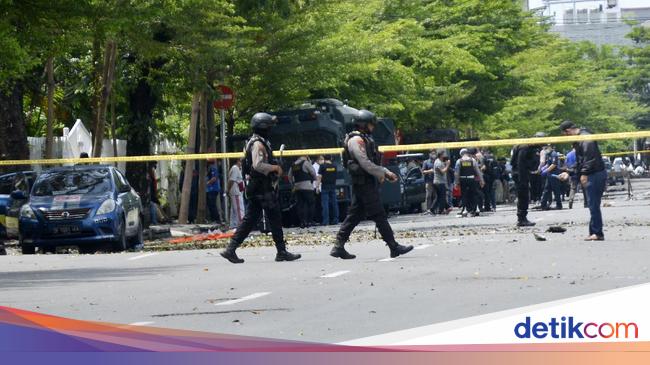Instead of going to your own garden, you will eventually return to the flower island par excellence – Madeira.
At this point, Oliver Graue, editor-in-chief Business Travel at fvw | reports TravelTalk, about his week in business travel.
Monday 29 March 2021
I admit: I was ignorant. And what a! For decades I could not distinguish milkweed from clove glue, nor bishop’s herb from scented stone rich. Those times are – well, at least partially – over since Corona. In the past few weeks and months in particular, I’ve been spending more time in the garden than ever. And instead reduced my message consumption more and more. In any case, I’m tired of the constant arguing, grumbling and permanent dissatisfaction that are shaped by the Tagesschau, heute & Co.
I don’t want to be in the shoes of our politicians: If you decide in favor of tough measures against Corona, you will get it right and be insulted as incapable and incompetent. And if you decide against such measures, you will also get it right and are insulted as incapable and incompetent.
No, politics is no fun these days – neither actively nor passively. Then prefer a garden – far away from German hysteria and know-it-all, from hitting and stinging. Instead of corona mutants, I deal there with ivy, azaleas and rhododendrons, and if someone complains in the garden, it’s at most the blue and great tits. Their excitement quickly subsides – when I keep enough distance from their nesting boxes again.
More on this
– –
Of course I know that escaping reality is not the solution. But it is not (currently) too close to reality either – because it makes you sick and dissatisfied. In any case, I currently prefer milkweed and cloveweed a thousand times over media disputes that can no longer be tolerated about non-lockdown or tough lockdown.
Tuesday March 30th 2021
Russia and China collide here over a length of 2000 kilometers: the historian Sören Urbansky has explored the forgotten world between the two authoritarian great powers along the Amur River. The result is the book “On the banks of the Amur” (published by CH Beck, 375 pages, 26 euros) – a brilliantly written travel report about the people and their tense life on the border.
Because as much as the Russian and Chinese rulers want us to believe how close the two states are in the face of the alleged “Western threat”, the reality in the border area is different.
Because since China gained strength and Russia froze, the feelings of the two peoples in the border area are anything but positive – they weren’t before, but in the opposite way: At that time, Harbin was still considered the “Moscow of the East” in a negative sense Vladivostok looks promising as the “Russian San Francisco”.
More on this

– –
Urbansky describes the sometimes adventurous life on the border in an absolutely entertaining manner and full of details. Only someone who is as good as at home in this region can do it as knowledgeable and at the same time fascinating. This is Sören Urbansky. He studied and teaches in Beijing, Harbin (China) and in Kazan, Russia, and wrote his doctoral thesis on the history of the Sino-Russian border with the renowned historian Karl Schlögel.
If you are interested in Russia and / or China, this book is warmly recommended!
–

 – –
– –
